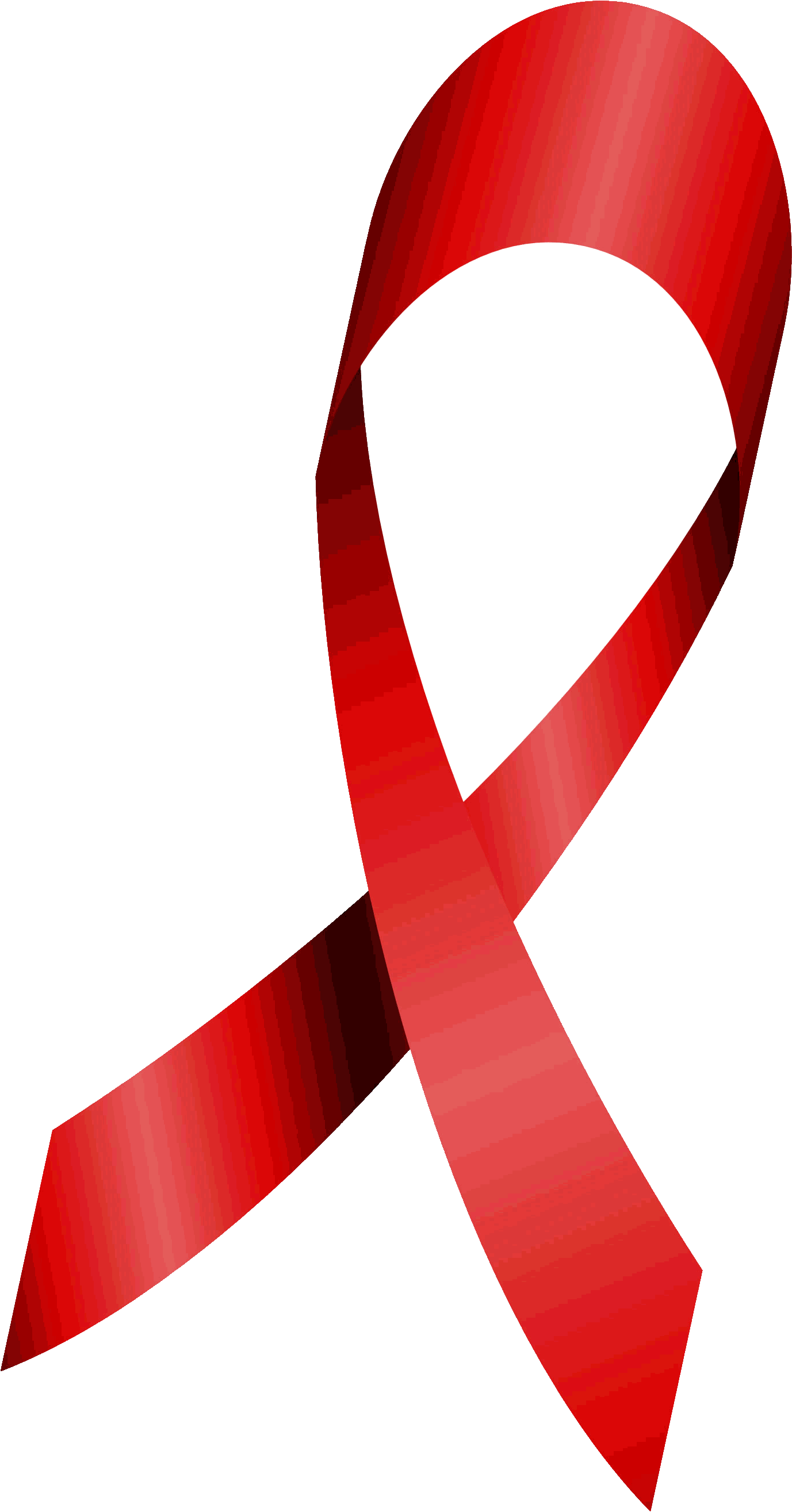
The Dilemma of Counseling the Bug Chaser
![]()
As a person living with AIDS, I am all too aware of the terrifying and disabling impacts that illness has on someone. Consequently, I would have a particularly difficult time working with a subculture of the gay community involved in risky sex -- barebacking -- and especially those intentionally seeking HIV infection: bug chasers.
I know it is my duty as a social worker not to be judgmental about those whom I serve, and the bug chasers are a population in critical need of assistance. I first would try to attempt to convince bug chasing clients of the foolhardiness of their ways. I would refer to my own struggles with the illness, and the fact that I will be taking medications which, together, cost more than $2.500 per month for the rest of my life. I would point out that this is an illness I also would discuss the need for permanent ongoing medical care. I would not wish this disease even upon my worst enemy.
Such a strategy would likely have little success, however. Studies of this population have shown that one of the motivations of this behavior is the belief that contracting AIDS is part of the contemporary gay experience, thus not having AIDS is a form of survivor guilt. Contracting AIDS would make them part of the infected community. It would pose a particular challenge to change the beliefs of those holding this position. I would then be forced to consider a form of blackmail. Section 1.02 of the NASW Code of Ethics holds that
Social workers respect and promote the right of clients to self-determination and assist clients in their efforts to identify and clarify their goals. Social workers may limit clients' right to self-determination when, in the social workers' professional judgement, clients' actions or potential actions pose a serious, foreseeable, and imminent threat to themselves or others.
Moreover, a social worker has a duty to protect society, as stated in section 6.01 of the NASW Code of Ethics:
Social workers should promote the general welfare of society, from local to global levels, and the development of people, the communities and their environments. Social workers should advocate for living conditions conducive to the fulfillment of basic human needs and should promote social, economic, political and cultural values and institutions that are compatible with the realization of social justice.
Obviously those who are infected with HIV are able to transmit the virus to others, so institutionalizing clients determined to contract HIV, and therefore put other members of society at risk, may provide further justification for such a drastic action.
If efforts to explore a client's rationale for wanting to contract a deadly illness for which there is no cure did not lead to a resolution in which the client realized the irrationality of this desire, I feel it would be my duty as a social worker to make a determination that the client posed a "serious, foreseeable and imminent risk" to their health, and seek involuntary institutionalization of that client. This is not a decision I would take lightly; however, I would emphatically assert that the client was not of sound mind and posed a threat to himself. I would not abandon the client in this situation, though, and I would seek to continue working with the client in order to explore his reasoning for wanting to engage in such life-threatening behavior with such horrific consequences. My therapeutic goal would be to convince the client of the irrationality his thinking so that intentionally seeking out HIV infection would be abandoned.
![]()
Written for Introduction to Social Work course at Jackson State University, February 2009. Grade: A.
![]()
| Previous |
![]()
Please use the links below to reach other areas of this site:
Last revised: June 5, 2015.

| Contact Me | About Me |